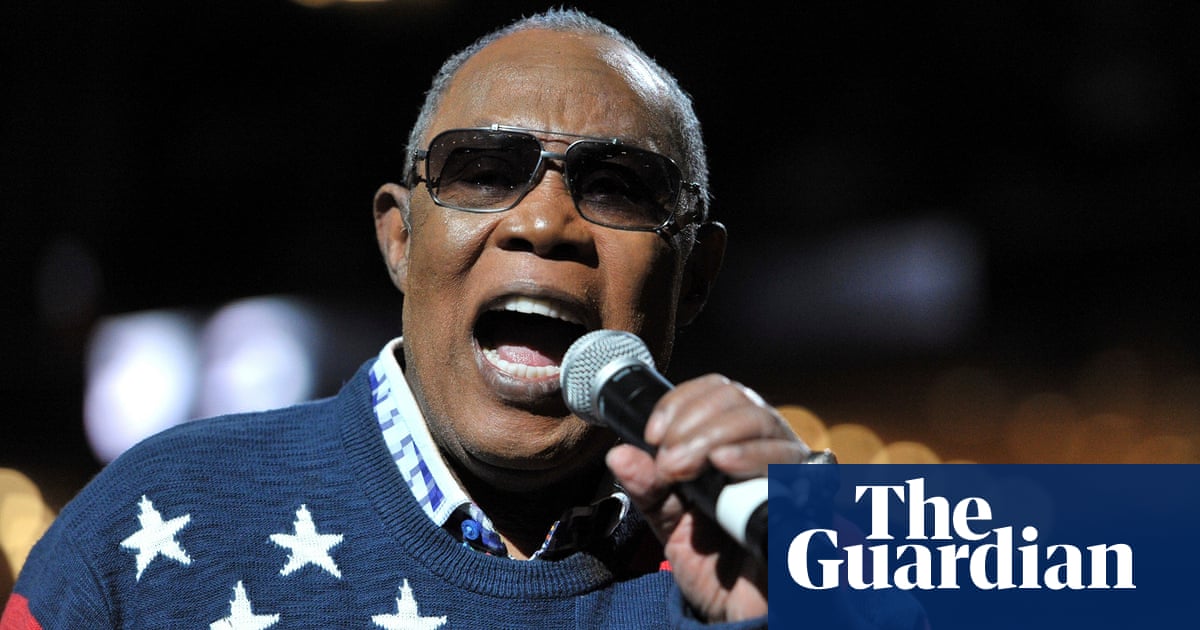Wes Streeting has ordered a review of what physician associates (PAs) do in the NHS, amid growing alarm in the medical profession about patient safety.
It will examine the safety of their roles and how patients should be made aware that, despite their titles and ability to diagnose illness, they are not doctors and can only perform certain tasks.
The health secretary has appointed Prof Gillian Leng, an expert in evidence-based healthcare and former chief executive of the National Institute for Health and Care Excellence, to lead the review.
About 3,500 PAs and about 100 equivalents who work in anaesthesia – called anaesthetic associates – are working in hospitals and GP surgeries in England. Taken together the number of “medical associate professionals” (MAPs), as they are known in the NHS, is due to treble to about 10,000 by 2037 under the service’s long-term workforce plan.
PAs can take a patient’s medical history, conduct physical examinations, analyse test results, diagnose illnesses and help draw up the plan for managing a person’s condition. They do two years of medical training, far less than a doctor.
But their deployment has sparked concern that their limited medical knowledge could lead to patients receiving poor care and also getting confused about whether they have seen a doctor or not. There have been repeated calls for their title to be changed to clarify that they are not medics.
Streeting said many PAs provided good care and “free up doctors to do the things only doctors can do”, which was the role originally envisaged for them.
“But there are legitimate concerns over transparency for patients, scope of practice and the substituting of doctors. These concerns have been ignored for too long, leading to a toxic debate where physicians feel ignored and PAs feel demoralised,” Streeting added.
The risk to patients that PAs may pose and the confusion they can cause was illustrated by the death in 2022 of Emily Chesterton. The 30-year-old actor died after a PA at a GP surgery in north London – who she thought was a doctor – twice wrongly diagnosed the pain in her calf as due to a strain rather than a blood clot.
The British Medical Association (BMA), which has played a key role in the medical profession’s increasingly vocal fears about the dangers PAs may pose, welcomed the review as vindication of its repeated warnings of their alleged risks to patient safety. But it said the review did not go far enough.
“You do not fly a plane under safety review; you ground it. So we need to know what immediate safety measures NHS England will now put in place [and] how quickly they will pause their PA expansion plans,” said Prof Philip Banfield, the leader of the doctors’ union.
“The NHS has failed to make the employment of associates safe for patients. By allowing a free-for-all on what PAs can and can’t do, hospitals have become a postcode lottery in which patients don’t know if they are being seen by a professional with the right skills.”
Leng said she would undertake a comprehensive review of the role physician and anaesthesia associates play in the NHS, “to promote patient safety and strengthen the NHS workforce”.
NHS Employers, which represents NHS trusts, said the review would help health service bosses and senior doctors respond more fully when questioned about the concerns raised.
“Leaders in the NHS, independent care and medical representative organisations have struggled to find constructive and coherent ways to respond to the public’s concerns about the clinical work of physician and anaesthesia associates who make up a small proportion of the sector’s overall workforce,” said Danny Mortimer, the organisation’s chief executive.
“At times the responses have lacked courtesy and compassion, particularly for those in these professions.”
Chesterton’s parents, Marion and Brendan Chesterton, have joined the campaign group Anaesthetists United in taking legal action against the General Medical Council (GMC), which regulates doctors and is due to start regulating MAPs from next month.
They claim the GMC has not distinguished properly between doctors and physician and anaesthetic associates.
The BMA has begun a second, separate lawsuit against the GMC for referring to doctors and MAPs as “medical professionals”, which it says constitutes “blurring the lines between doctors and their assistants”.

.png) 1 month ago
9
1 month ago
9













































